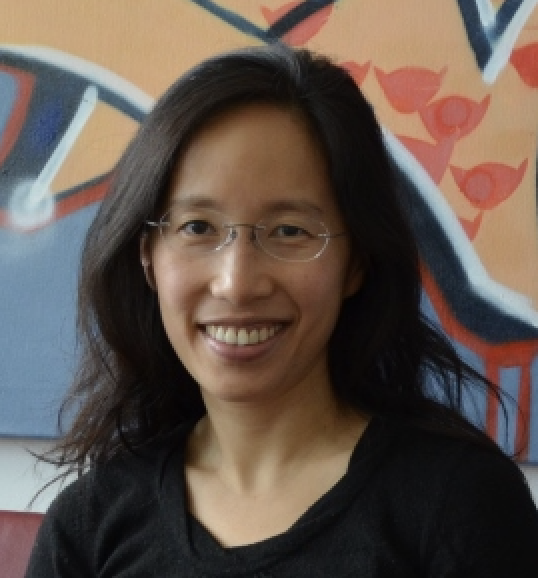Science and Mathematics
Predicting Robust Emergent Function in Living and Active Systems
April 29, 2021 at 3:30pm – 4:45pm EDT
Virtual (See event details)
This event has already occurred. The information may no longer be valid.

The Department of Physics in the College of Arts and Sciences welcomes Dr. Evelyn Tang to present their virtual physics colloquia.
Biography
Dr. Tang is a group leader in the Living Matter Physics department at the Max Planck Institute for Dynamics and Self-Organization. Fascinated by the stability of robust function in living and active matter, she develops topological and geometric theories to predict the necessary conditions for emergent dynamics. Topics of interest include global molecular cycles, learning and information processing. Previously, Tang was an Africk Postdoctoral Fellow at the University of Pennsylvania, focusing on brain networks and cognition in the group of Dani Bassett. In 2015, she received her PhD in Physics from the Massachusetts Institute of Technology, where she worked with Xiao-Gang Wen on novel topological states in quantum electronic systems. She holds an MPhil from the University of Cambridge and a BS from Yale University. Tang is a recipient of the Simons-Berkeley Research Fellowship, the Africk Family Postdoctoral Fellowship, and the Gates Cambridge scholarship.
Abstract
Living and active systems exhibit various emergent dynamics necessary for system regulation, growth, and motility. However, how robust dynamics arises from stochastic components remains unclear. Towards understanding this, Dr. Tang develops topological theories that support robust edge states in novel and accessible platforms. In particular, she will introduce stochastic networks in molecular configuration space that enable different dynamical phenomena from a global clock, stochastic growth and shrinkage, to synchronization. These out-of-equilibrium systems further possess uniquely non-Hermitian features such as exceptional points and vorticity. More broadly, her work provides a blueprint for the design of novel and robust function in correlated and active systems
This event was first published on April 2, 2021 and last updated on April 5, 2021.
Event Details
- Category
- Science and Mathematics
- Type
- Talks
- Region
- Virtual
- Open to
- Alumni,
- Current Students,
- Faculty
- Organizer
- CAS-Department of Physics
- Contact
- Yudaisy Salomon Sargenton
phyadmin@syr.edu
3154433901
- Accessibility
- Contact Yudaisy Salomon Sargenton to request accommodations
